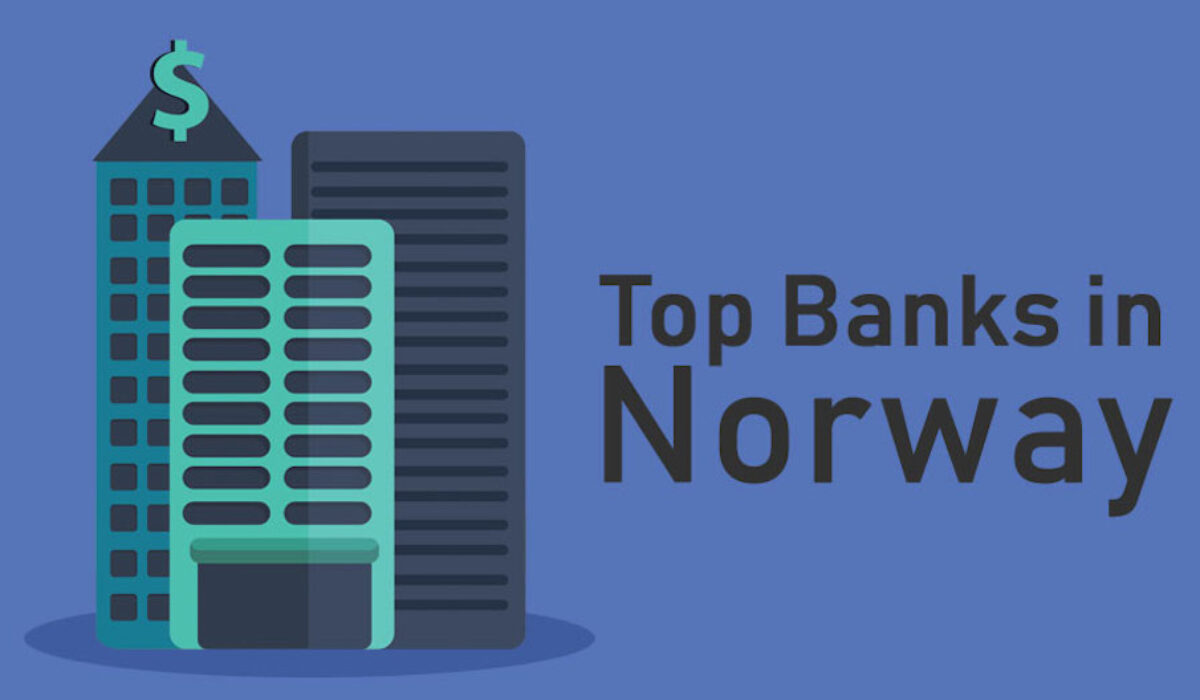Norwegian Banks Well Placed to Deal with Covid-19 and Falling Oil Prices
Norwegian banks look well placed to deal with the twin challenge of falling oil prices and a Covid-19 related contraction of GDP, thanks to their solid earnings capabilities and sound solvency positions.
“With their solid profitability and sound solvency positions, Norwegian banks have capacity to absorb higher loan losses and compare well to European peers in this regard,” said Pauline Lambert, executive director in the banks team of Scope Ratings and author of a report out today. On average, Norwegian banks’ 2019 pre-provision income could absorb loan losses up 1.8% of loans before eating into reserves.
Recent recommendations from the Norwegian FSA with respect to the distribution of profits should further bolster banks’ capital positions. “We expect banks to remain prudent,” Lambert said. Originally proposed dividend distributions and share buybacks had totalled more than NOK 20bn (roughly EUR 1.7bn).
Loan loss coverage varies by bank, but many banks’ pre-provision income has averaged between 1.5% and 2.0% of loans over the past three years. To that one can add the substantial capacity of the banks to absorb losses with excess capital, providing a further 2%-7% against loan losses before affecting minimum solvency requirements. The financial position of Norwegian banks compares well to European peers, both in terms of pre-provision profitability as well as excess capital.
If strict infection control measures remain in place for many months, the liquidity strains of borrowers could become more serious credit issues.
“We remain relatively sanguine with exposures to retail clients as mortgages have a strong track record in various economic and financial crises,”
Most small and medium-sized savings banks in Norway are focused on personal clients, with residential mortgages often comprising 70% of loan portfolios. For the banks rated by Scope, there is also limited exposure to more vulnerable business sectors such as retailing and hospitality (restaurants and hotels).
For the Norwegian banking system as a whole, lending to commercial real estate accounts for the largest share of exposures to the corporate sector – about 45%, according to data from Norges Bank. “This is a sector we continue to monitor in light of relatively high commercial property prices in the country and the more volatile nature of earnings. Commercial real estate firms will be eligible to access loans under the state-guaranteed SME lending scheme, which should be supportive,” said Lambert.
The economic impact of Covid-19 in Norway may be exacerbated by the recent decline in oil prices. But having reduced their cost bases, oil companies are considered to be in a better position to handle lower oil prices while banks like DNB have reduced their exposures to the sector.
About Scope Ratings GmbH
Scope Ratings GmbH is part of the Scope Group with headquarters in Berlin and offices in Frankfurt, London, Madrid, Milan, Oslo and Paris. As the leading European credit rating agency, the company specialises in the analysis and ratings of financial institutions, corporates, structured finance, project finance and public finance. Scope Ratings offers a credit risk analysis that is opinion-driven, forward-looking and non-mechanistic, an approach which adds to a greater diversity of opinions for institutional investors. Scope Ratings is a credit rating agency registered in accordance with the EU rating regulation and operating in the European Union with ECAI status.

